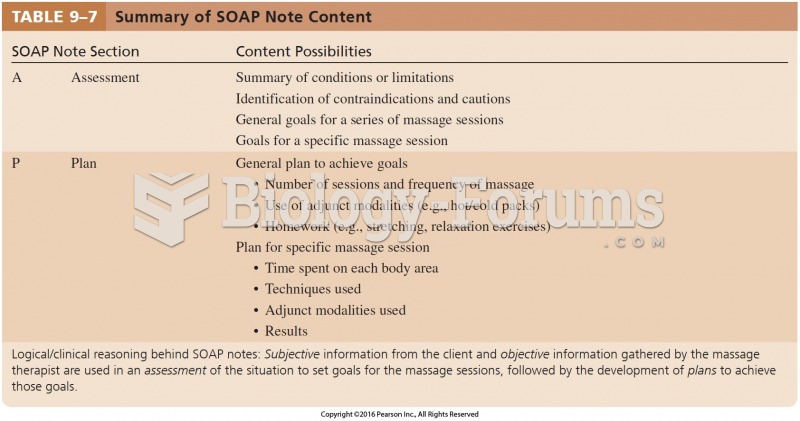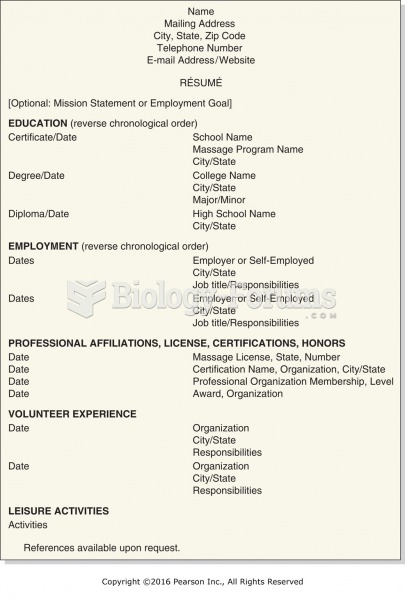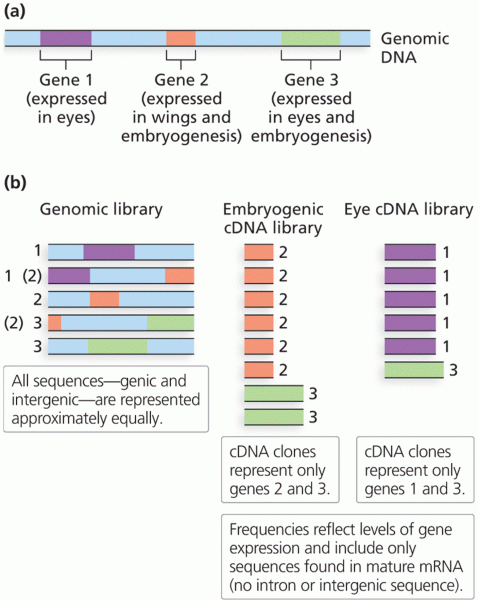|
|
|
Bacteria have flourished on the earth for over three billion years. They were the first life forms on the planet.
Vaccines prevent between 2.5 and 4 million deaths every year.
Bacteria have been found alive in a lake buried one half mile under ice in Antarctica.
Many supplement containers do not even contain what their labels say. There are many documented reports of products containing much less, or more, that what is listed on their labels. They may also contain undisclosed prescription drugs and even contaminants.
Most strokes are caused when blood clots move to a blood vessel in the brain and block blood flow to that area. Thrombolytic therapy can be used to dissolve the clot quickly. If given within 3 hours of the first stroke symptoms, this therapy can help limit stroke damage and disability.







